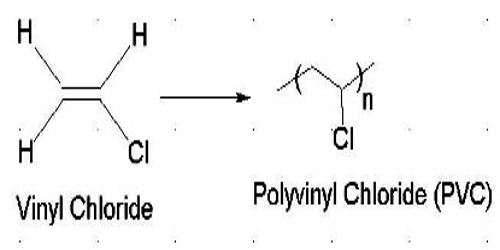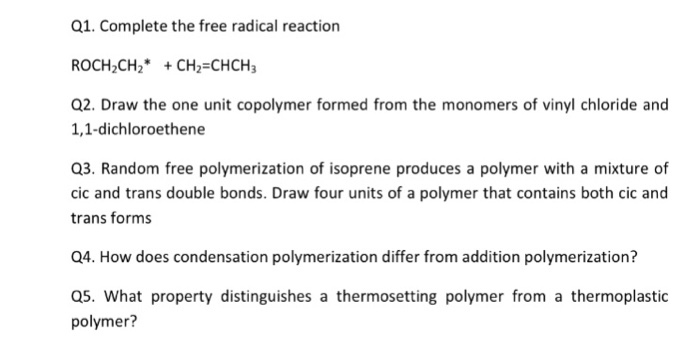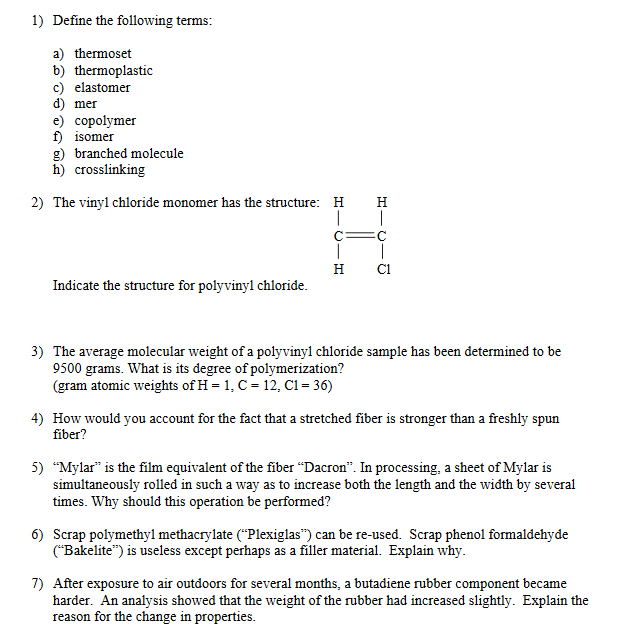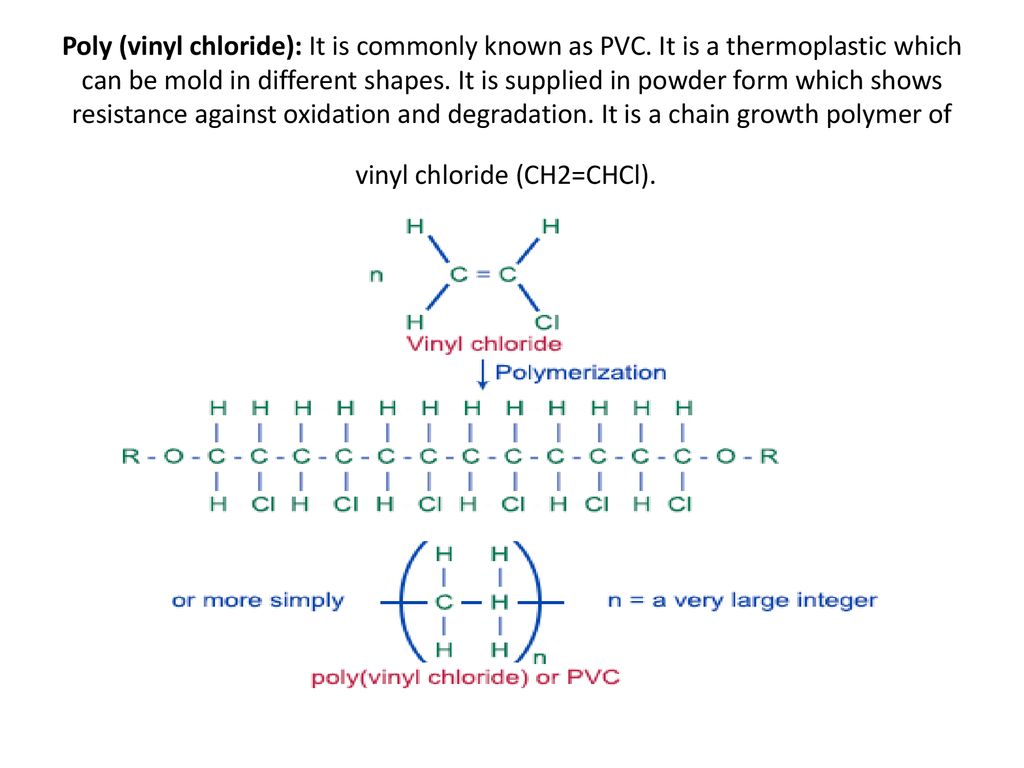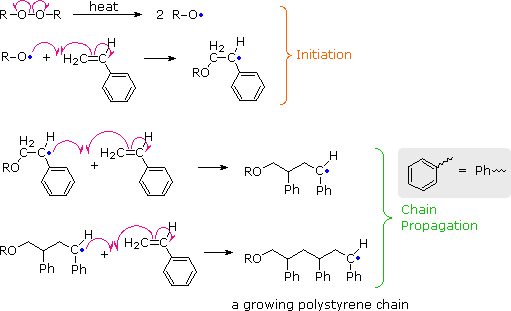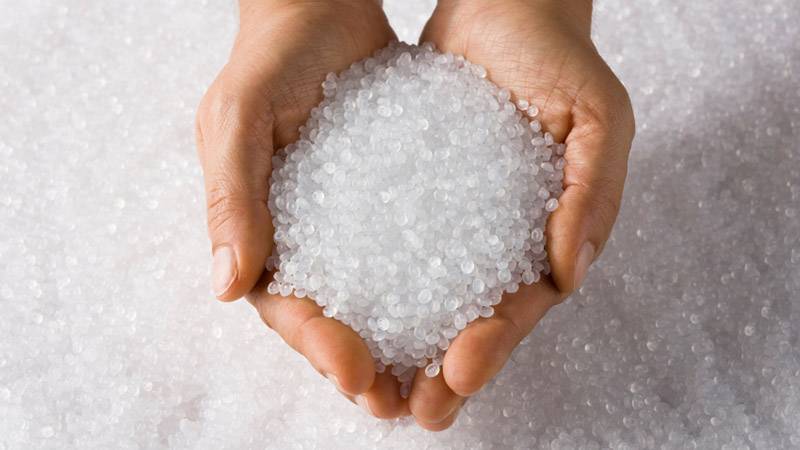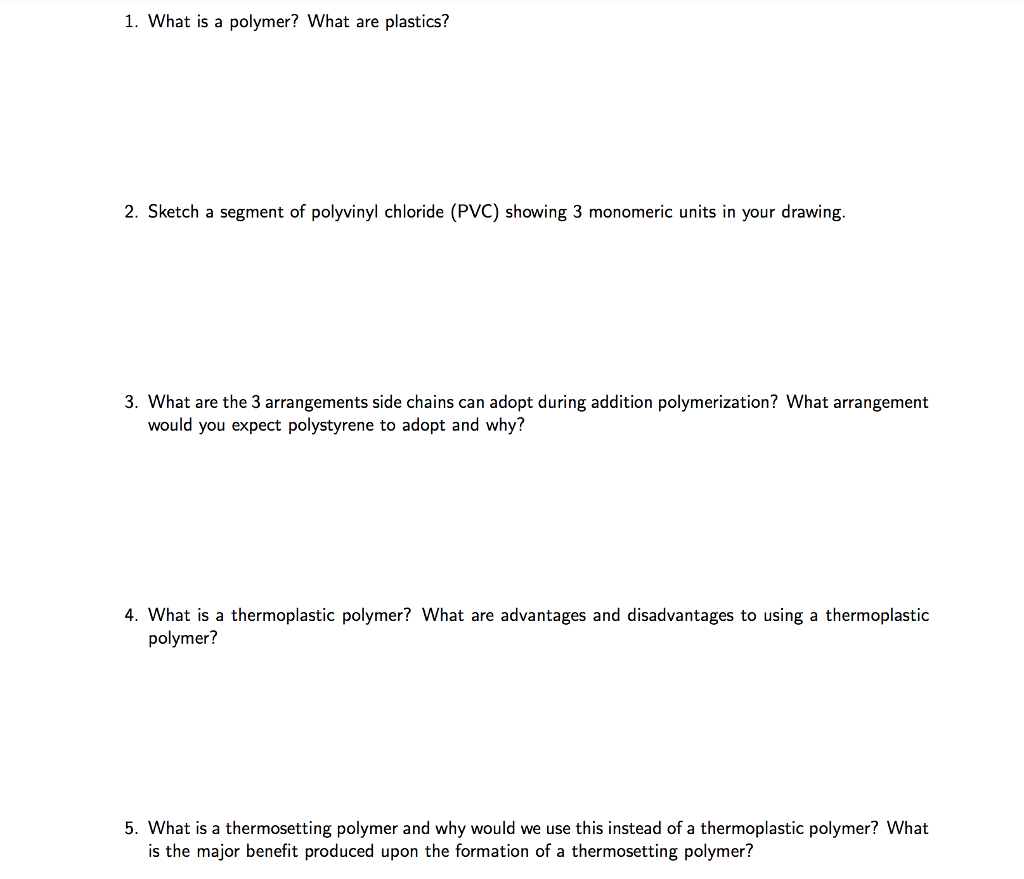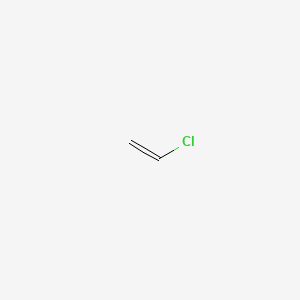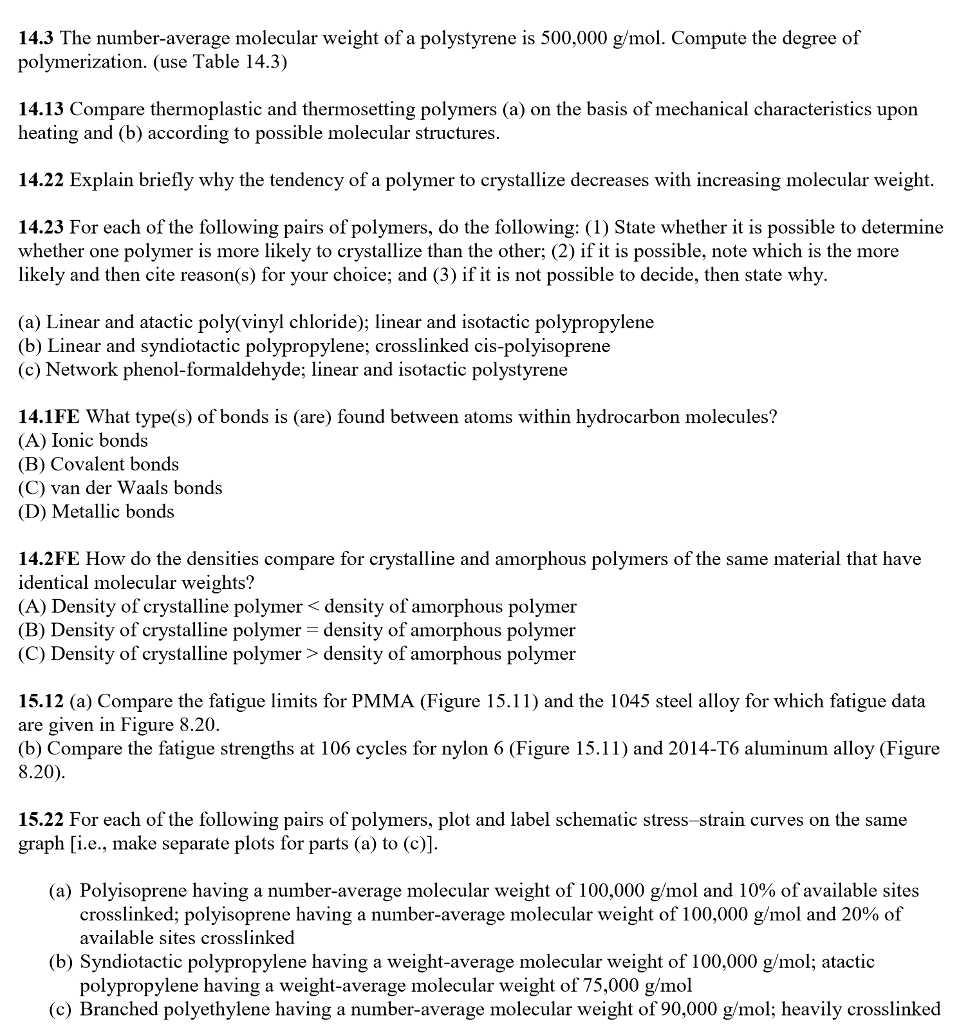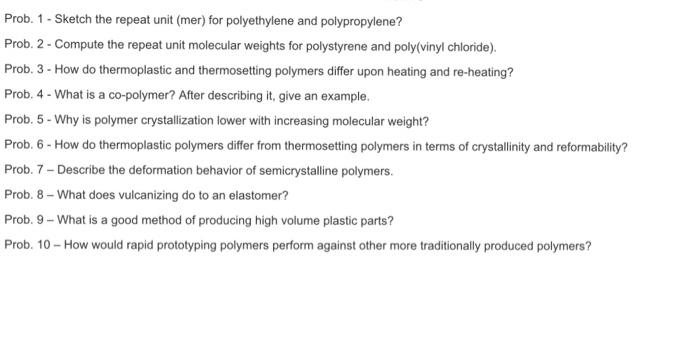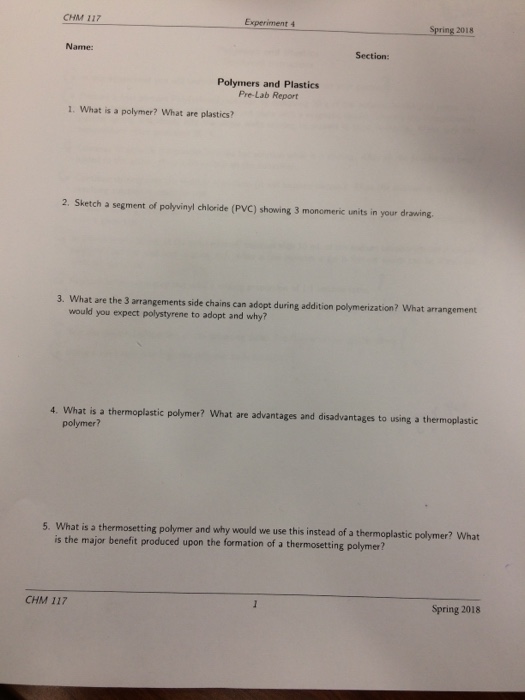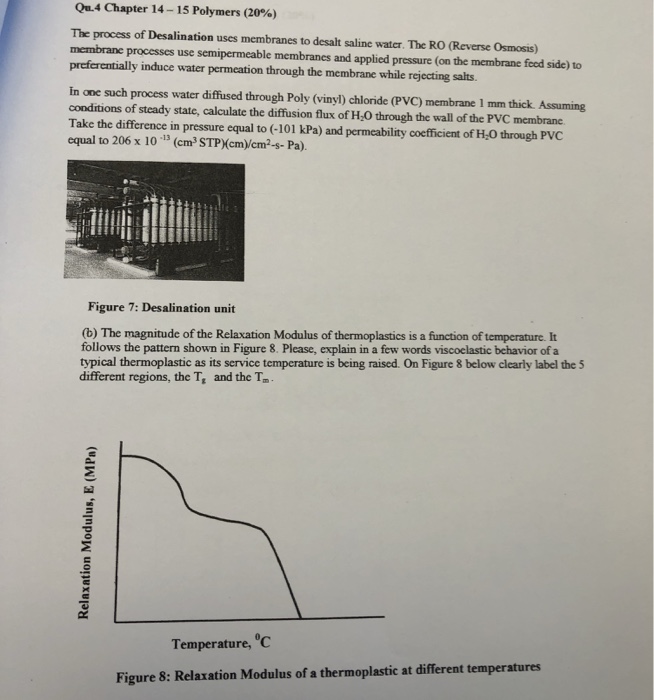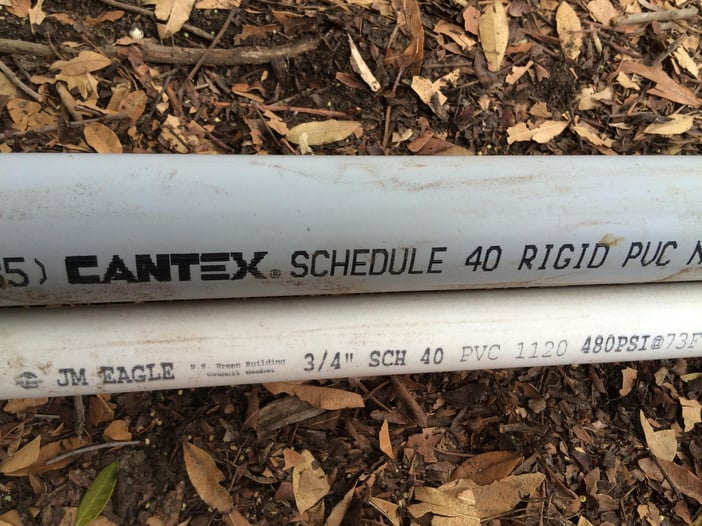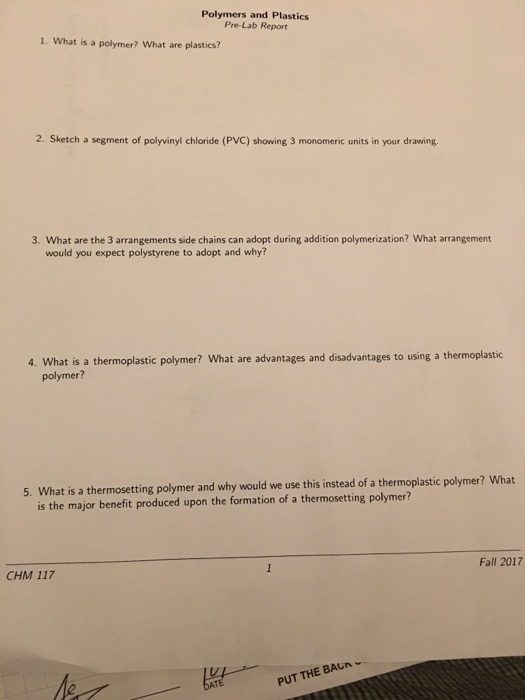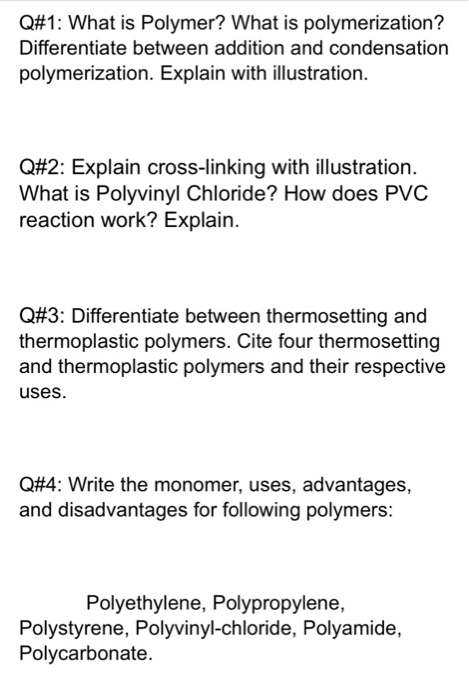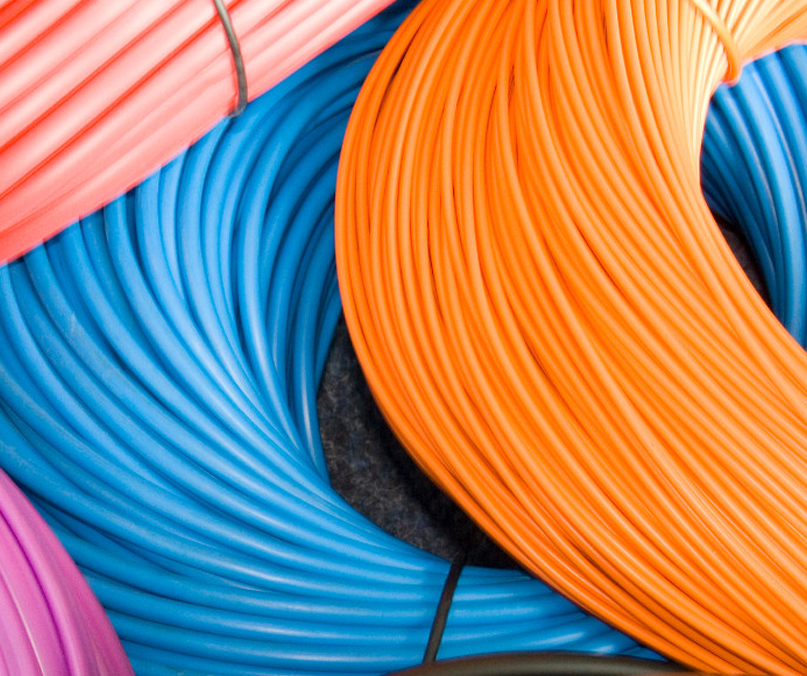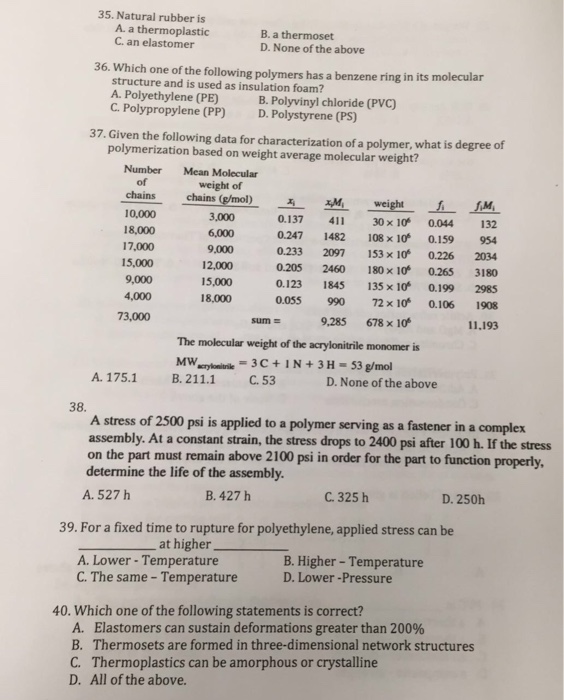Vinyl Chloride Polymer Thermoplast

A thermoplastic or thermosoftening plastic is a plastic polymer material that becomes pliable or moldable at a certain elevated temperature and solidifies upon cooling.
Vinyl chloride polymer thermoplast. Thermoplastic moulding materials for the production of packaging materials for foodstuffs which consist of or are based on vinyl chloride polymers and contain monoalkyl tin stabilizers. Poly vinyl chloride polyvinyl chloride pvc is one of the worldwide plastic used due to the inherent properties such as durability corrosive resistance low cost and high performance made pvc a versatile polymer with several applications for instance pipes profiles flooring cable insulation roofing packaging bottling and the medical applications. Rigid vinyl also known as unplasticized polyvinyl chloride upvc is a strong and lightweight film. Its most well known application is the formation of pvc pipes in the building and construction industry but the benefits of pvc extend far beyond this into the medical electrical and protective clothing sectors.
Polyvinyl chloride pvc or vinyl is an economical and versatile thermoplastic polymer widely used in building and construction industry to produce door and window profiles pipes drinking and wastewater wire and cable insulation medical devices etc. Pvc comes in two basic forms. It is one of the most analyzed tested and versatile materials on the market. Pvc is the world s third most widely produced synthetic plastic polymer after polyethylene and polypropylene about 40 million tons of pvc are produced each year.
It is one of the most durable low cost films and is resistant to many chemicals. Polyvinyl chloride commonly referred to as pvc or vinyl is the world s 3 rd most synthesised thermoplastic material. Polyvinylchloride pvc or vinyl is a thermoplastic and the third largest production polymer in the world. Most thermoplastics have a high molecular weight the polymer chains associate by intermolecular forces which weaken rapidly with increased temperature yielding a viscous liquid in this state thermoplastics may be reshaped.
Rigid sometimes abbreviated as rpvc and flexible. Generally upvc can be used at temperatures up to 60 c.



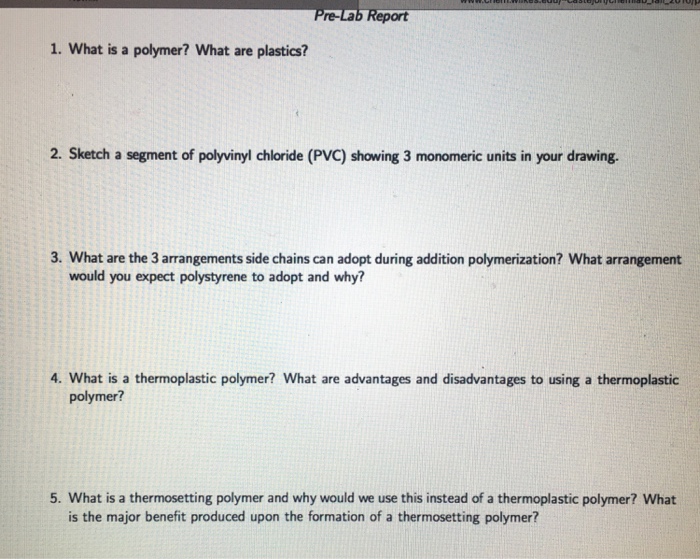
.jpg)

